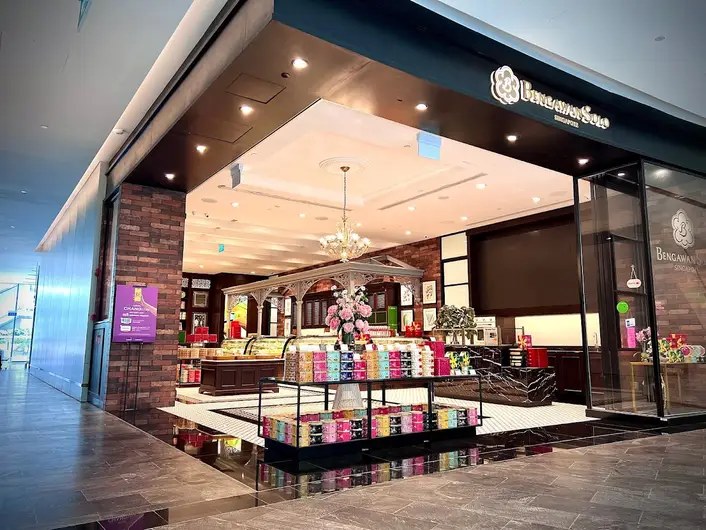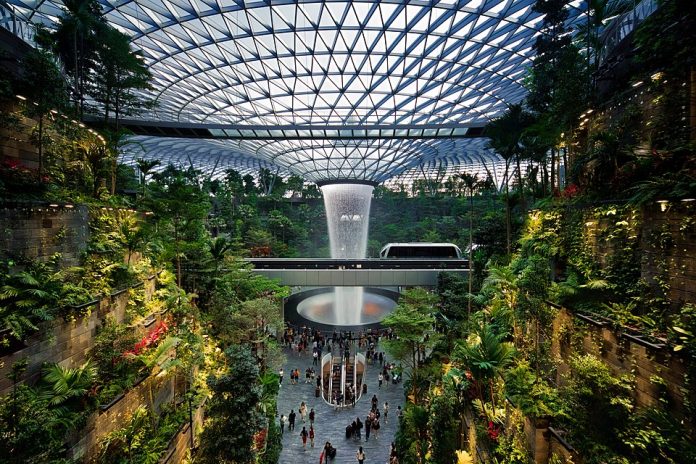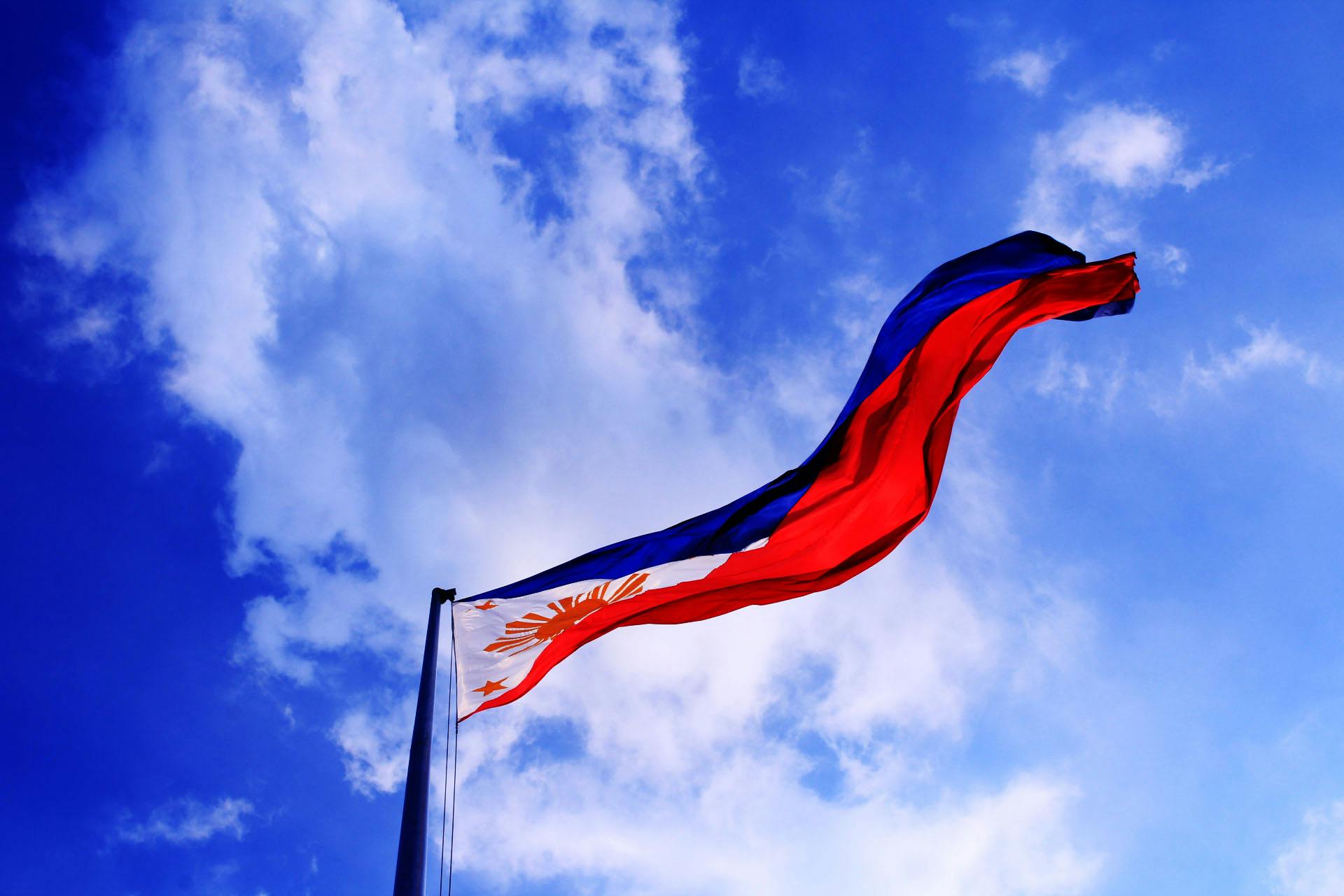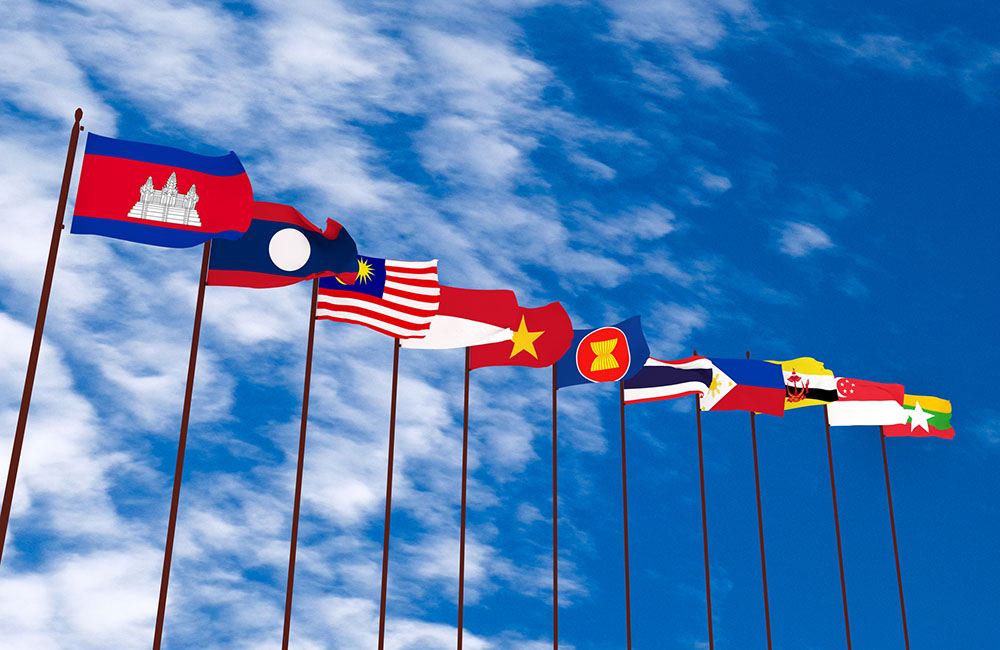Philippines digital nomad visa repositions the country as a remote work hub
The Philippines has entered the global competition for remote work talent. It has launched a Philippines digital nomad visa that allows foreign professionals to live and work in the country tax-free for up to one year. With tropical scenery, widespread English use, and affordable living costs, the country aims to become Asia’s next digital lifestyle destination.
Background: Policy meets post-pandemic lifestyle shift
Announced in May 2025 by the Bureau of Immigration and Department of Tourism, the visa targets freelancers, remote workers, and online entrepreneurs. Applicants must show a minimum income of USD $2,000 per month. Successful candidates can stay for 12 months with the option to renew. Importantly, they are also exempt from local income tax.
This initiative aligns with trends across Southeast Asia. Countries like Indonesia and Malaysia have introduced similar schemes to attract location-independent professionals. However, the Philippines sets itself apart with its English-speaking population, Western-aligned culture, and expanding internet access.
Strategic positioning: Infrastructure, lifestyle, and local impact
Beyond natural beauty, the Philippines is building an ecosystem to support remote professionals. High-speed internet access is growing due to 5G expansion and Starlink’s satellite service, even in remote areas. Cities such as Cebu and Davao are developing coworking spaces. Meanwhile, islands like Siargao are becoming new hubs for digital nomads.
According to the Department of Trade and Industry, attracting just 20,000 digital nomads annually could boost the economy by ₱20 billion (about USD $355 million). The benefits would extend across housing, food, wellness services, and local tech support.
Editorial insight: A soft power play for a creative economy
The visa is about more than tourism. It supports the vision of a creative services economy. Digital nomads tend to stay longer, spend steadily, and bring new ideas that energize local entrepreneurship.
Still, challenges exist. If local planning doesn’t keep pace, some communities may face rising rents and cultural shifts. Critics warn of early-stage gentrification. To avoid this, the government must focus on integration—not just accessibility. Offering incentives to locals who build inclusive infrastructure is as important as attracting nomads.
Ultimately, the Philippines isn’t just inviting visitors. It is welcoming professionals to contribute to its evolving economy.
Future outlook: Southeast Asia’s race for remote talent intensifies
The Philippines now competes with several Asian countries positioning themselves as remote work havens. Its success will depend on more than good weather. Reliable services, public safety, and remote-worker-friendly regulations will determine long-term impact.
If executed well, the program could elevate the Philippines from backpacker hotspot to remote-first destination. Over time, this shift may drive deeper economic innovation and resilience across its island regions.
Read more on travel, entertainment and sports features.















